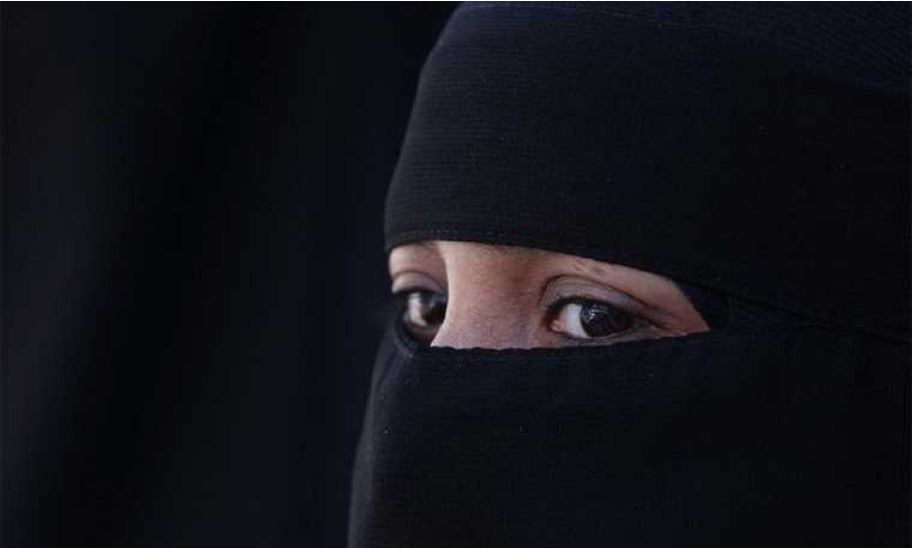By: V4 Agency
Muslims in France who have converted to Christianity are frequently ostracised from their families and even threatened with death, according to a recent report by the European Centre for Law and Justice. Although Muslims living in European countries claim that they do not consider leaving Islam to be a sin, evidence points to the contrary.
In France, Muslims who opt for apostasy – i.e. abandoning Islam either to convert to another religion, or on other grounds – are not in an easy situation. Although Muslims living in European countries claim that they do not condemn conversion to Christianity, there is evidence to the contrary, according to a recent report compiled by the European Centre for Law and Justice (ECJL). The document reveals that many Muslims who have converted to the Christian faith are forced to conceal this even from their families, as they are often ostracised or even threatened with death.
For a Muslim, converting to another religion is a much bigger sin than for any other believer to give up his or her faith, according to an article on the subject published by the French conservative weekly Valeurs actuelles. In some areas of France boasting populous Muslim communities it’s the unofficial and insidious sharia law that prevails, which punishes sanctions conversion to any other religion rather severely. Pastor Said Oujibou, president of the Union of North African Christians in France, says he lost everything after his conversion to the Christian faith: his family left him and his friends have also turned away from him. Said Oujibou adds that if Muslims convert to Christianity in today’s France, they will also have to reckon with the possibility of losing everything, including friends and family, as well as their former way of lives.
ECJL’s report reveals that nearly 4,000 Muslim believers abandon the Islamic faith annually and their numbers are growing. However, it is difficult to establish an exact figure due to the mandatory silence, also known as omerta.Gregor Puppinck, ECJL ‘s president, says Muslim converts to Christianity have a hard time pretending, as Islam requires five prayers a day, as well as fasting during Ramadan. This is why most Muslims who have converted to Christianity face a slow and cruel social death, rejected by their relatives, friends and former religious communities.
Of course, the repercussions can be much more severe If certain radical Islamist movements learn about a conversion. As members of the Salafists or Muslim Brotherhood group consider converts to be traitors to the Islamic faith, they actively seek to take revenge on them to protect the honour of the Muslim community and the punishment for apostasy is death. According to Gregor Puppinck, France does not adequately guarantee the rights and freedoms of those who want to leave the Muslim faith, especially the right to change their religion. But if a Muslim is not free to change his or her religion, France has failed in guaranteeing the protection of people’s freedom of conscience. Mr Puppinck said politicians remain silent on the issue as they are well aware of its sensitive nature, and the votes they can lose if they were to bring it up.
Valeurs actuelles’ article also asserts that the French Council of the Muslim Faith (CFCM) intends to have Muslim believers accept the abandonment of Islam. This was incorporated in the charter of principles signed by the government and CFCM in January. The document states that the signatories refrain from either physically or spiritually punish those who leave the Islamic faith. It also underlines that the principle of secularism guarantees that all citizens can decide which religion to follow and have the opportunity to practice and change it freely. The charter’s signatories have promised to abide by Article 9 of the European Convention for the Protection of Human Rights, which covers freedom of thought, conscience and religion to ensure no one is stigmatised or excluded for converting to another religion. Gregor Puppinck said signing the charter is a laudable, but futile initiative, as only five of the CFCM’s nine allies have signed it. Mr Puppinck believes such a division is clear evidence that certain Muslim communities cannot shed their obsession with Islamic dogmas.
According to the ECJL chief, the organisation must remain determined and persuade every CFCM affiliate to adopt the charter, a key cornerstone of human and civil rights. There are fears, however, that this may never happen, because while most Muslim countries recognise people’s right to the free practice of religion, they rarely make mention of people’s freedom of conscience. Today nearly 25 Muslim countries around the world condemn apostasy, which in 9 of them is punishable by death.

